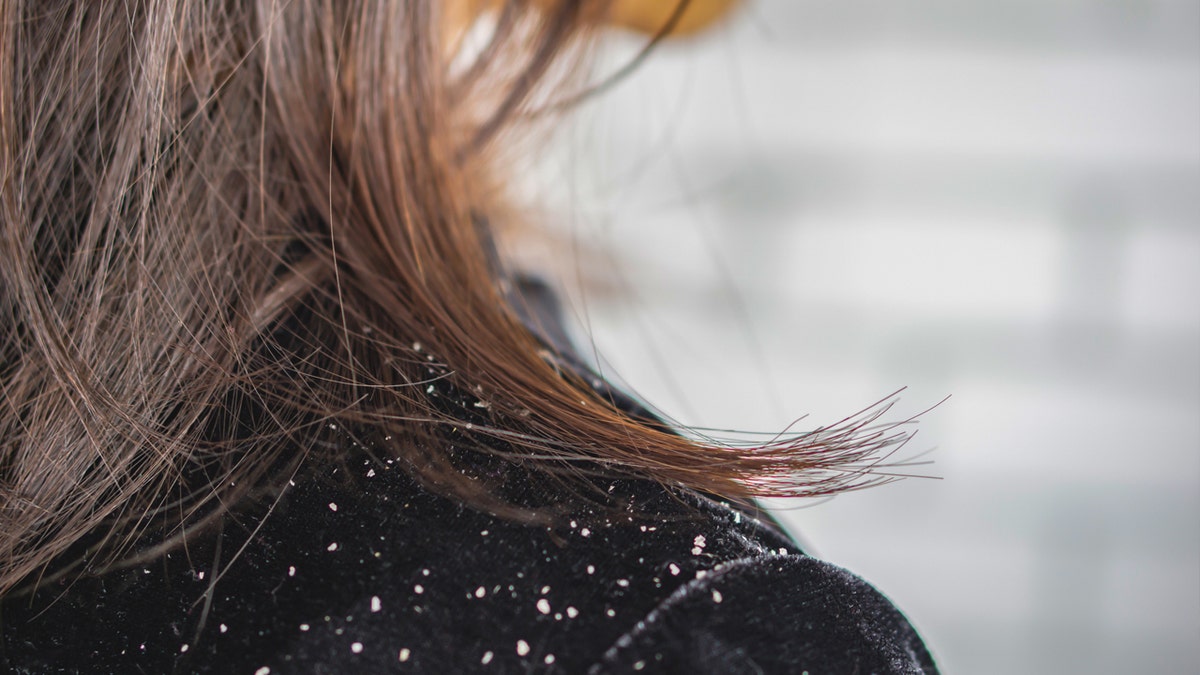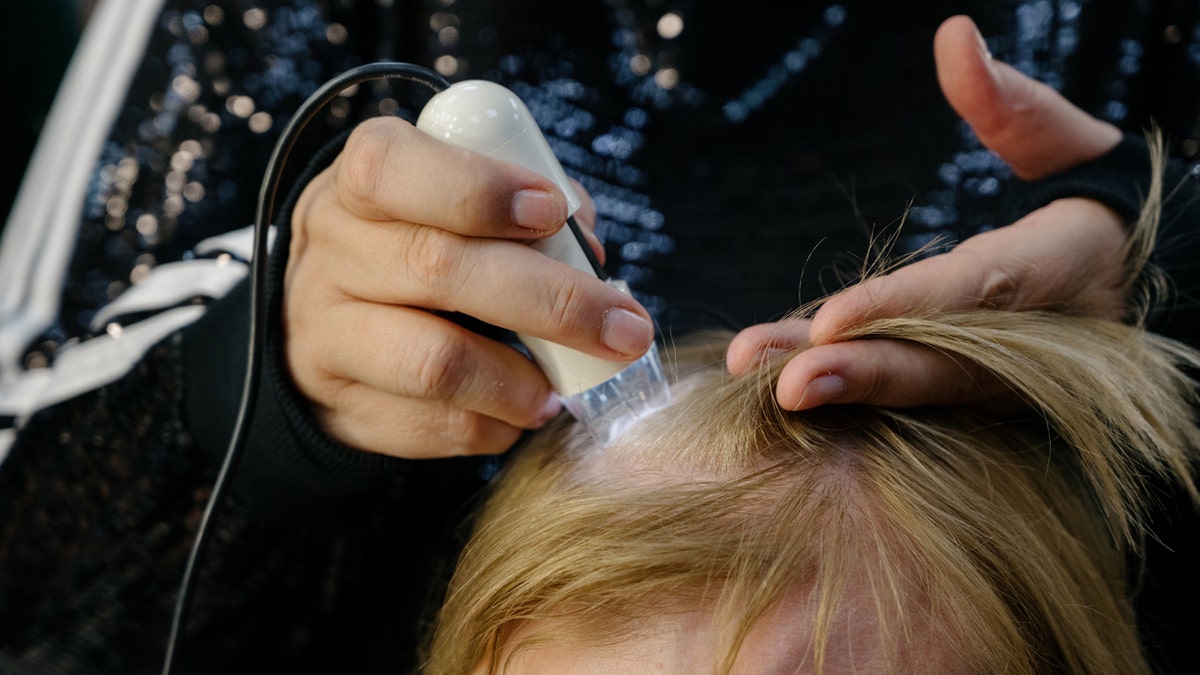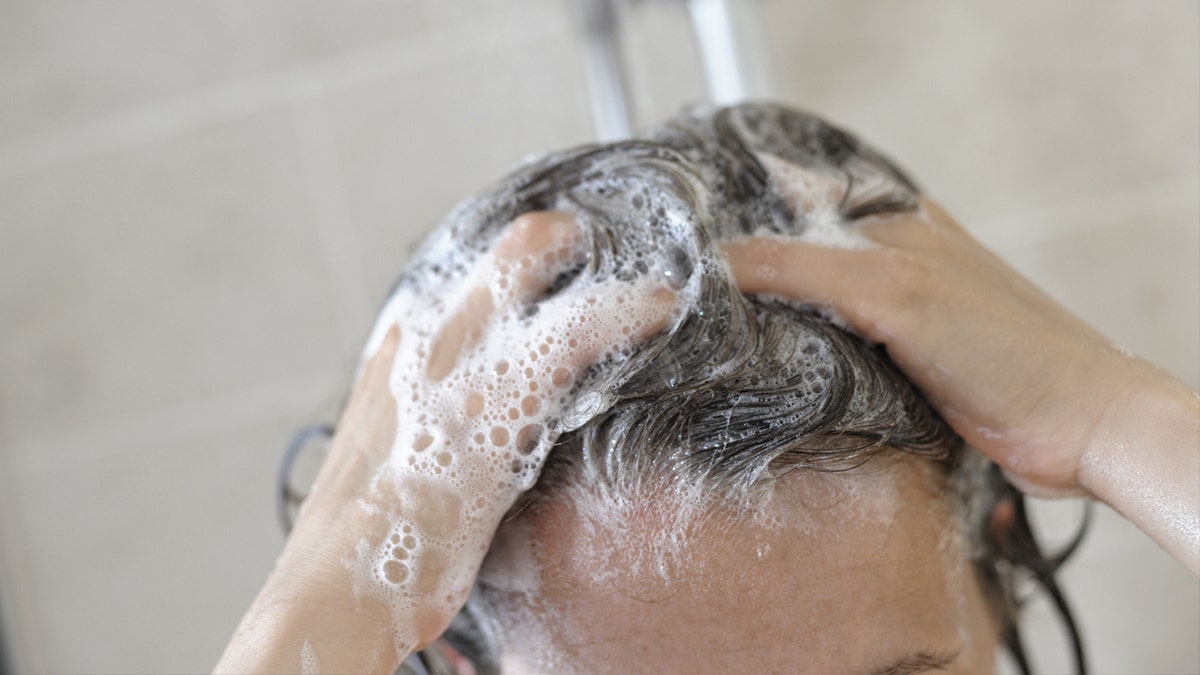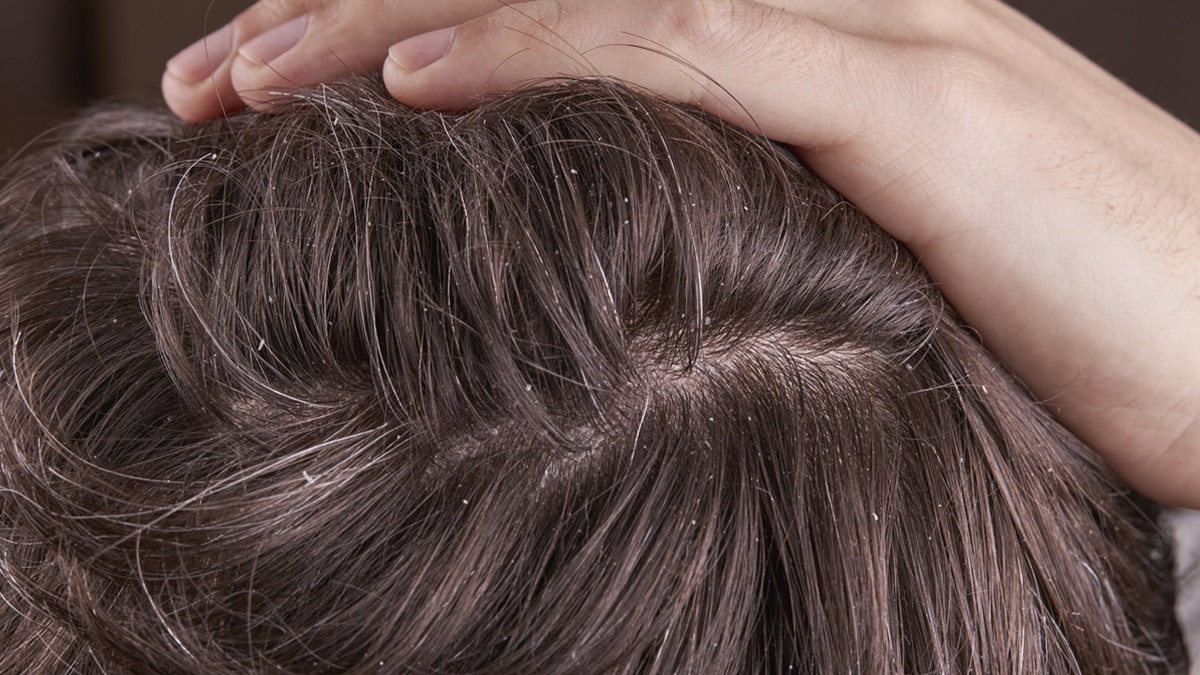Dealing with dandruff can be more complex than a simple hair wash. Skin and scalp specialists reveal the diverse reasons behind this flaky scalp condition, highlighting that regular shampoo isn't always the solution.
Alexia Donovan, a seasoned expert in scalp health, points out several common dandruff culprits: dry skin, psoriasis, oily scalp, and fungus. Interestingly, dandruff isn't just a winter woe. Summer conditions like sweat, dirt, humidity, pool chemicals, and sun exposure can also contribute to a flaky scalp.

For persistent dandruff, Donovan suggests shampoos with active ingredients like zinc, selenium sulfide, or ketoconazole. If the issue is chronic, consulting a dermatologist or hair specialist for potential prescription treatment is recommended. For less severe cases, a quality mild shampoo is sufficient for removing styling product buildup, complemented by daily brushing to minimize oil and dead skin.
Protecting your scalp from the sun with a hat is also crucial, as sunburn can mimic dandruff. Dr. Mariano Busso, a board-certified dermatologist, emphasizes regular scalp cleansing and hydration. He recommends gentle, specialized dandruff shampoos containing antifungal agents like zinc pyrithione, ketoconazole, and selenium sulfide, particularly for yeast-related dandruff. Thorough rinsing is essential to avoid residue. Additionally, minimizing heat styling and product use can prevent exacerbating the condition.


Trichologist Celestine Gitau explains that dandruff, affecting roughly half the population at some point, often involves white or yellow flakes. A yeast fungus called Malassezia globosa, which feeds on sebum and produces oleic acid, is a primary cause. This acid irritates the scalp, leading to increased skin cell shedding. Hot and humid environments can worsen the condition as they promote yeast growth.

Gitau recommends shampoos with ketoconazole, zinc, tar, or salicylic acid to combat the yeast. The American Academy of Dermatology (AAD) clarifies that dandruff isn't necessarily due to poor hygiene, although infrequent washing can make it more noticeable. Following shampoo instructions, including application time, is crucial. Hair type also matters: straight hair may require twice-weekly use, while curly or kinky hair might need it once a week.

While dandruff usually doesn't require medical attention, the AAD advises seeking professional help if the flaking and itching resemble conditions like seborrheic dermatitis, psoriasis, scalp fungal infections, or eczema.
Comments(0)
Top Comments